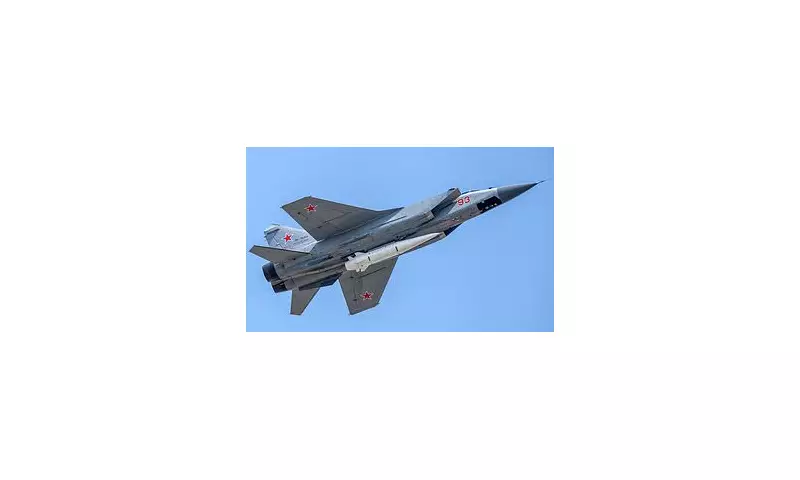
In a dramatic escalation of geopolitical tensions, former US President Donald Trump has issued a stark warning to his Russian counterpart, Vladimir Putin, declaring he is 'in trouble' following a serious breach of NATO airspace.
The provocative incident saw Russian military aircraft violate sovereign Estonian airspace, a bold move that has sent shockwaves through the international community and tested the alliance's defensive protocols.
A Direct Challenge to NATO
The airspace violation, described by defence experts as a calculated provocation, occurred in the region bordering Russia. Estonian authorities confirmed that the intruding aircraft were identified as Russian military jets, which remained in prohibited airspace for a matter of minutes—long enough to deliver a clear message of defiance.
This act is seen as a direct challenge to Article 5 of the NATO treaty, the collective defence clause that considers an attack on one member an attack on all. The timing and nature of the incursion suggest a deliberate test of the Western military alliance's resolve and response capabilities.
Trump's Unambiguous Message
Weighing in on the crisis, Donald Trump delivered a characteristically blunt assessment. His public warning to Putin marks a significant intervention from the former commander-in-chief, whose previous comments on NATO have often been ambivalent.
'He's in trouble,' Trump stated emphatically, leaving little room for interpretation regarding his position on Russian aggression. This firm stance represents a notable shift in rhetoric and underscores the seriousness with which this breach is being viewed in certain political circles.
International Response and Ramifications
The Estonian government has summoned the Russian ambassador for a formal explanation, while NATO headquarters in Brussels is coordinating a unified response among its member states. Diplomatic sources indicate that emergency meetings are underway to discuss potential sanctions and increased military preparedness along the alliance's eastern flank.
Security analysts are particularly concerned that such provocations could become more frequent, especially given the ongoing conflict in Ukraine and the upcoming political transitions in key Western nations.
This incident serves as a potent reminder of the fragile state of international relations and the constant vigilance required to maintain global security in an increasingly volatile geopolitical landscape.





